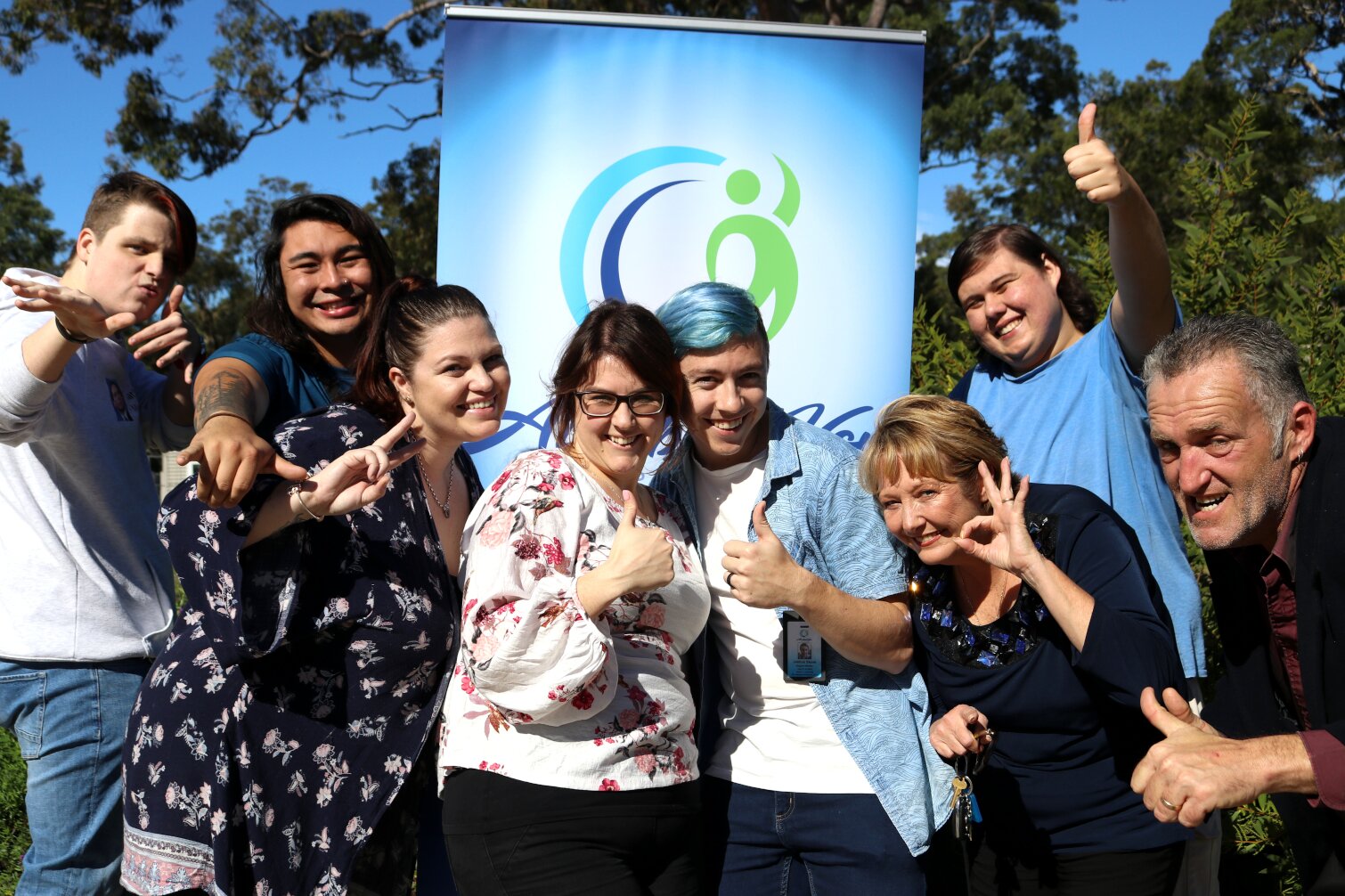Empowering Individuals with Disabilities: A Person-Centered Approach and Active Support
In the tapestry of human existence, the well-being and empowerment of individuals with disabilities hold’s a profound significance. A person-centered approach and active support emerge as guiding principles to weave a society where every thread, regardless of its perceived strengths or limitations, is valued and is encouraged to flourish.
Person-Centered Approach: Valuing Individuality and Potential
A person-centered approach places the individual at the very heart of care and support. It recognizes that each person, irrespective of their abilities or disabilities, possesses inherent worth and unique strengths. This approach seeks to understand the individual’s perspective, preferences, and goals, carefully tailoring support to align with their aspirations.
Key Principles of a Person-Centered Approach:
* Respect for Individuality: Every person is valued for their unique qualities, regardless of their abilities or disabilities.
* Focus on Strengths and Potential: Individuals are recognized for their abilities and potential, rather than solely defined by their limitations.
* Empowerment and Choice: Individuals have control over their lives and actively participate in decision-making.
* Collaboration and Partnerships: Support providers work in partnership with individuals and their families to develop and implement individualized plans.
* Holistic Support: Support encompasses all aspects of an individual’s life, including physical, emotional, social, and spiritual well-being.
Benefits of a Person-Centered Approach:
* Improved Quality of Life: Individuals experience greater satisfaction, independence, and inclusion in their communities.
* Enhanced Self-Esteem and Confidence: Individuals develop a positive sense of self and believe in their abilities.
* Increased Empowerment and Control: Individuals have a greater say in their own lives and make choices that are meaningful to them.
* Improved Relationships: Support providers and individuals build strong, trusting relationships based on mutual respect and understanding.
* Reduced Isolation and Stigma: Individuals feel more connected to their communities and experience less discrimination.
Active Support: Empowering Individuals to Live Fulfilling Lives
Active support is a philosophy that empowers individuals with disabilities to actively engage in their lives and develop their skills. It recognizes that individuals have the potential to learn, grow, and achieve their goals with the right support.
Key Principles of Active Support:
* Engagement and Participation: Individuals are actively involved in all aspects of their lives, from daily routines to decision-making.
* Skill Development: Support providers focus on helping individuals develop skills and abilities that enhance their independence.
* Choice and Control: Individuals have choices and control over their lives, including the activities they participate in and the people they spend time with.
* Respect for Individuality: Support providers respect the unique needs, preferences, and values of each individual.
* Collaboration and Partnerships: Support providers work in partnership with individuals, families, and other professionals to provide holistic support.
Benefits of Active Support:
* Increased Independence and Self-Reliance: Individuals develop the skills and confidence to live more independently.
* Improved Quality of Life: Individuals experience greater satisfaction, engagement, and purpose in their lives.
* Enhanced Social Inclusion: Individuals participate in meaningful activities and build relationships within their communities.
* Reduced Reliance on Formal Support: Individuals may require less formal support as they develop their skills and independence.
* Cost-Effectiveness: Active support can lead to long-term cost savings by reducing the need for intensive support services.
Creating a More Inclusive Society
A person-centered approach and active support are essential for empowering individuals with disabilities to live fulfilling and meaningful lives. By focusing on strengths, fostering independence, and respecting individual choices, we can create a more inclusive and equitable society where everyone has the opportunity to thrive and reach their full potential.
Additional Considerations
* Person-Centered Planning: This process involves developing individualized plans that outline the individual’s goals, preferences, and support needs.
* Universal Design: Creating environments and products that are accessible and usable by everyone, regardless of their abilities.
* Community Integration: Supporting individuals with disabilities to fully participate in all aspects of community life.
* Policy Advocacy: Advocating for policies and legislation that promote the rights and well-being of individuals with disabilities.
By embracing these principles and working together, we can create a society where individuals with disabilities are empowered, valued, and have the capacity to live lives of dignity and fulfillment.







